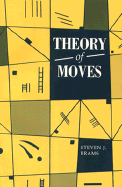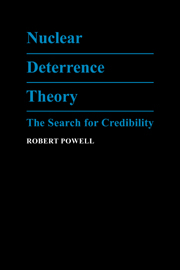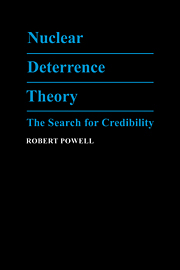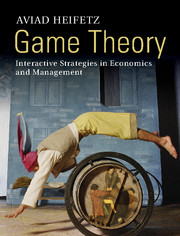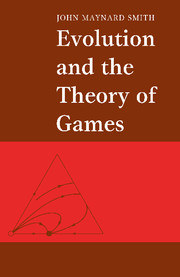Theory of Moves
Steven J. Brams' Theory of Moves, though based on the classical theory of games, proposes changes in its rules to render it a truly dynamic theory. By postulating that players think ahead not just to the immediate consequences of making moves, but also to the consequences of countermoves to these moves, counter-countermoves, and so on, it extends the strategic analysis of conflicts into the more distant future. It elucidates the role that different kinds of power - moving, order and threat - may have on conflict outcomes, and it also shows how misinformation affects player choices. Applied to a series of cases drawn from politics, economics, sociology, fiction and the Bible, the theory provides not only a parsimonious explanation of their outcomes, but also shows why they unfolded as they did. This book, which assumes no prior knowledge of game theory or special mathematical background, will be of interest to scholars and students throughout the social sciences.
- Clear and accessible text on an unorthodox approach to the study of game theory, by a leading, but controversial, name in the field
- Planned coverage in Nature and New Scientist
- Will be accessible to politics and IR students (maths is not very heavy), but also of interest to economists and mathematicians interested in games
Reviews & endorsements
"While this book is firmly in the tradition of game theory, no other yet presents these arguments. It is sure to be widely read at all levels of academia." Choice
"...a useful book that illustrates the similarities among a wide variety of political phenomena. It should be of interest to both game theorists and other political scientists concerned with stability, power, and information. Journal of Politics
"The extent to which Brams has managed to develop his theory in an ordinal world is impressive. ...excellent book." Political Theory
"The clever selection, the lively description, the careful modeling, and the cogent analusis together constitute a tour de force. ... The amazing collection of examples that Steven Brams uses to illustrate Theory of Moves is not only a delight on its own, it is also a compelling demonstration of how many new and significant problems game-theory based methods can insightfully address," Group Decision and Negotiation
"Theory of Moves offers us an intriguingly different perpective on the analysis of games and it provokes game theorists and economists alike into a reassessment of some long-hled and little questioned presumptions." Journal of Economic Literature
"Theory of Moves should provide an interesting reading to those who favor the direct interplay between the method and its applications, which are numerous and pertinent....In any case, it contributes to an important debate on the current directions of the game theory research program, especially in its extension to political science and international relations." Public Choice
"Steven Brams, an imaginative and innovative scholar who has done much to promote the use of game-theoretic thought in political science...presents an ambitious new approach to some central problems in modelling games for the study of the dynamics of conflict and cooperation....Brams gives many interesting examples." Nature
"The book is written with textbook clarity and assumes no special mathematical background or prior knowledge of game theory." Harvard International Review
"...Steven J. Brams has been working on TOM with various collaborators since 1980. This latest of his many publications on political, biblical, and international applications of GT has established him as a recognized authority in the field." Paris Arnopoulos, Concordia University, Montreal, Perspectives on Political Science
"...an important step in the development of a version of game theory which is applicable to actual problems....Brams's work is refreshing....one of the most satisfactory approaches so far devised." Michael B. Nicholson, American Political Science Review
Product details
November 1993Paperback
9780521458672
264 pages
228 × 152 × 18 mm
0.415kg
33 b/w illus.
Available
Table of Contents
- 1. Rules of play: the starting point matters
- 2. The anticipation problem: there may be no resolution
- 3. Magnanimity: it sometimes pays
- 4. Moving power: breaking the cycle
- 5. Order and threat power: eliminating indeterminacy and communicating intentions
- 6. Information in games: misperceptions, deception, and omniscience
- 7. Incomplete information in larger games: a model of negotiations
- 8. Summary and conclusions.

